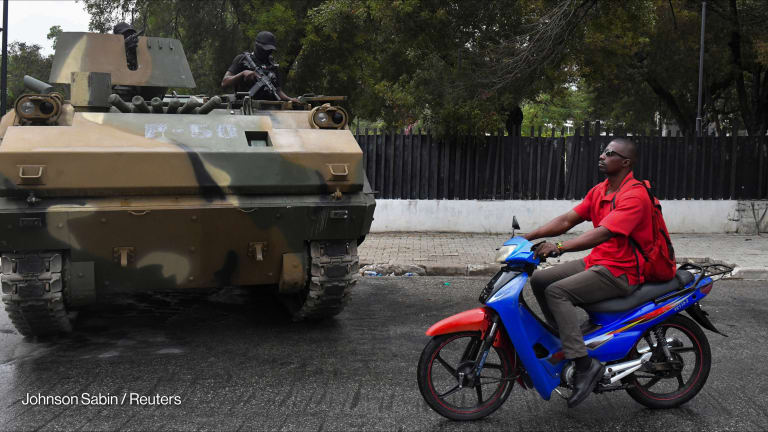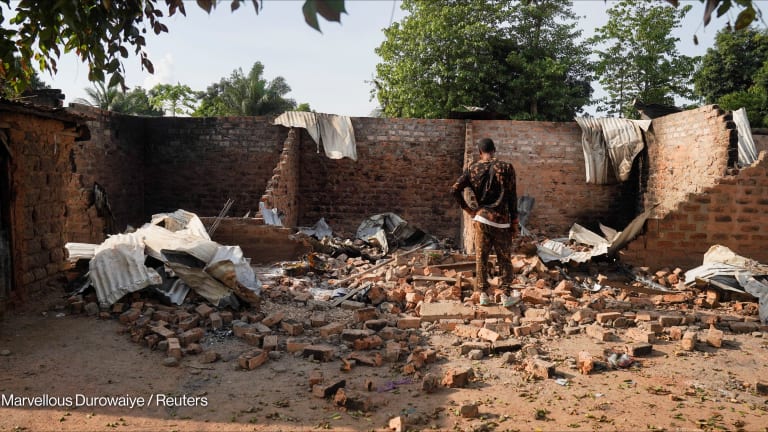In one of the deadliest assaults against United Nations staff members in Afghanistan, seven foreign employees and guards were killed in an attack on the global organization’s mission office in Mazar-e-Sharif, a city in the northern part of the conflict-ravaged country that has been regarded as relatively safe and peaceful.
The attack, which also claimed the lives of at least five Afghans, was sparked by outrage over the burning of a Quran in the United States. It was led by thousands of civilian demonstrators who came from a gathering in the city’s mosque, where speakers denounced the burning of the Quran by a small religious group based in the U.S. state of Florida.
The incident highlights the risks faced by aid workers stationed in conflict zones and brings to light the urgent need for talks on how to protect aid workers and civilians in these areas, at least one expert has noted.
Aid workers, especially foreign staff, in dangerous countries often face the risk of being persecuted and targeted for political or religious reasons. In Afghanistan, aid groups have raised concern over the shrinking humanitarian space, particularly after the killing of a 10-member medical team in August 2010, which is still considered the worst attack on aid workers in the country in years. Aid groups have vowed to step up the measures they employ to ensure the safety of their workers but risks remain.
Following Friday’s assault, the United Nations said it will look at ways to improve security for its staff members, particularly those stationed in conflict zones.
The attack is the third direct assault against U.N. personnel in Afghanistan in the past 18 months. The main U.N. compound in Afghanistan was targeted by suicide bombers in October 2010 while a U.N. guest house in Kabul was raided and bombed in November 2009. Five U.N. workers were killed in the 2009 attack.








